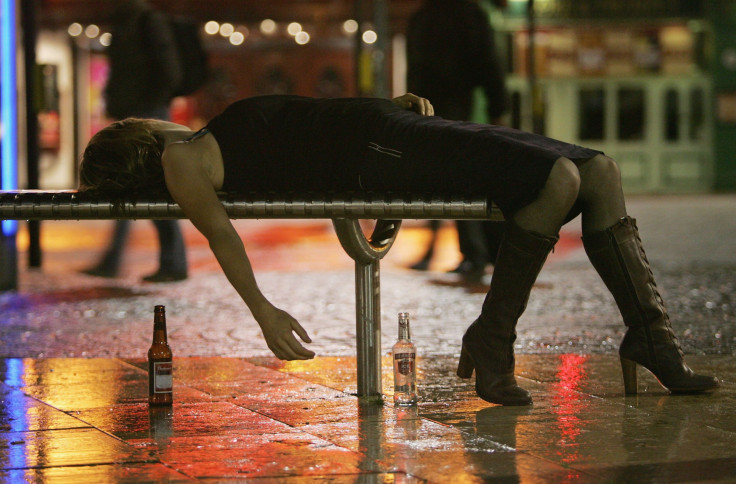How Does Alcohol Affect Your Sleep?

A couple of drinks after a long hard day of work is just what the doctor ordered, right? Wrong. Alcohol may help you nod off quicker but can cause a lot of problems.
When a person consumes alcohol just before bedtime, he/she goes straight in to deep sleep skipping rapid eye movement sleep (REM sleep). When sober, a person goes through at least six to seven REM sleep cycles a night. With alcohol, the number of REM sleep cycles is reduced to one or two. An individual needs six to seven REM sleep cycles to feel refreshed. With alcohol, you wake up feeling exhausted.
“Deep sleep is when the body restores itself, and alcohol can interfere with this,” John Shneerson, head of the sleep centre at Papworth Hospital in Cambridge, said. “As the alcohol starts to wear off, your body can come out of deep sleep and back into REM sleep, which is much easier to wake from. That's why you often wake up after just a few hours sleep when you've been drinking.”
Alcohol also affects the quality of sleep. It is a diuretic, meaning it encourages the body to shed more fluids by sweating apart from several trips to the bathroom. Hence, it makes one feel dehydrated.
Drinking more than usual also relaxes the muscles in your body preventing smooth air flow through the throat, mouth and nose. Hence, the muscles vibrate and one ends up snoring.
“People tend to feel that alcohol helps them fall asleep a little quicker, and therefore people associated that with helping them sleep,” Christian Nicholas, research fellow in the Sleep Research Laboratory at the University of Melbourne, reportedly said. “But when you actually go and look at what is happening while they sleep, the quality of that sleep isn’t good.”
The problems caused by drinking also spill into the following day. “Depending on the amount of alcohol you drink, it definitely can cause more fragmentation of your sleep, which can have daytime symptoms, including decreased concentration and excessive sleepiness,” sleep medicine specialist Dianne Augelli said.
She added, “Women tend to absorb more alcohol, and we have less of the enzyme that breaks down alcohol. If a man and a woman drink the same amount of alcohol, the woman is going to have a higher concentration, and that will impact the quality of her sleep.”
Published by Medicaldaily.com



























